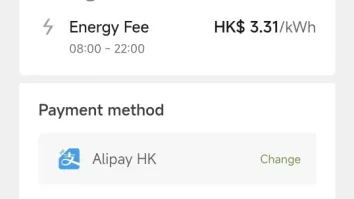
China regulator: Loan provision of banks not enough
CBRC raised concern that $1.7 trillion of lending to local governments may trigger a series of bad debts that could lead to another banking bailout.
China’s banking regulator told lenders they haven’t set aside sufficient funds to cover losses on loans to local governments and ordered them to accelerate debt collection, a person with knowledge of the matter said.
The lenders were told this month that they are lagging behind the China Banking Regulatory Commission’s schedule for revising the loan agreements on infrastructure projects, the person said, declining to be named because the information is confidential. The agency had asked banks to collect two repayments a year after construction is completed.
The comments reflect persistent concerns that $1.7 trillion of lending to local governments may spur a wave of bad debts that could lead to the nation’s third banking bailout in less than two decades. As much of 30 percent of the credit may sour, Standard & Poor’s estimates, after a surge in lending that powered China’s recovery from the global financial crisis.
“The banking regulator is getting tougher on the local government debt risk, and that should to some extent increase the pressure on banks to boost their provisions,” said May Yan, a Hong Kong-based analyst at Barclays Capital Inc.
Efforts to curb risks in the loans have achieved “initial results, and the overall risk is controllable,” the regulator said in an e-mailed response to questions from Bloomberg. Going forward, banks should amend debt agreements, get better collateral and refine calculations on capital levels based on risk-weightings assigned to such loans, it said.
China’s first audit of local government debt last month found liabilities of 10.7 trillion yuan ($1.7 trillion) at the end of 2010, 79 percent of which were bank loans. That estimate fell short of the actual figure by about 3.5 trillion yuan, Moody’s Investors Service said July 5, adding that lenders may be left to manage a portion of bad debt on their own.
View the full story in Business Week.



















 Advertise
Advertise












